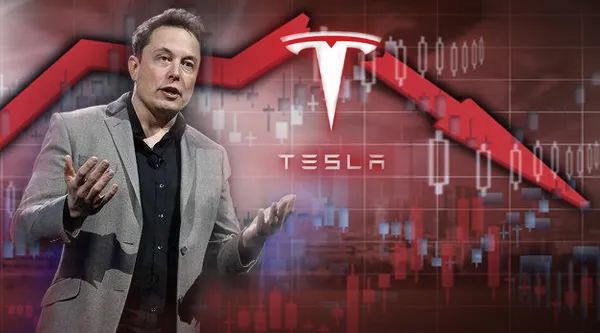
Today, Tesla's annual shareholders' meeting kicked off. This highly anticipated business event focused its core topic on the astonishing vote on Musk's $1 trillion compensation package. This plan is like a huge rock thrown into the commercial lake, creating ripples layer upon layer and triggering intense discussions and in-depth reflections from all sides.
Musk's compensation package sets seemingly unattainable goals such as a market value growth of $8.5 trillion and the delivery of 20 million vehicles within the next ten years. At first hearing, this seems like a magnificent future picture that Musk has painted for Tesla, brimming with sci-fi elements and boundless imagination. It seems that under Musk's magic wand, Tesla will soar to great heights in the next decade and become an unrivaled business giant in the universe. However, when we calm down and closely examine these goals, we can't help but ask: Is this Musk's ambition based on his profound insight and precise judgment of the industry, or is it an unrealistic self-celebration?
On the positive side, Musk is an extremely innovative and visionary entrepreneur. He led Tesla to achieve remarkable success in the field of electric vehicles and pushed the global automotive industry towards the new energy era. Its bold vision and willingness to try have made Tesla a benchmark for technology and innovation. This salary package might just be his measure to motivate himself and his team, to challenge the limits and break through himself. If the goal is achieved, Tesla will create a business miracle and Musk will also become a business legend.
However, reality is cruel. The opposition from shareholders such as the Norwegian sovereign wealth fund and the California Public Employees' Retirement System (Calpers) in the United States has dampened the blind enthusiasm of some people for the plan like cold water. It is not unreasonable for them to worry that the scale of the plan is too large. The $1 trillion salary is several times Tesla's current market value. Such an enticing benefit, will it cause Musk to deviate from the company's long-term interests when making decisions and instead pursue short-term goals to maximize his personal wealth?
The dilution effect of equity is also a problem that cannot be ignored. To pay this huge salary, Tesla may need to issue a large number of new shares, which will inevitably dilute the equity of existing shareholders. This is undoubtedly a hurt for those shareholders who have long supported Tesla and grown together with the company. They are worried that their interests will be harmed by Musk's "sky-high salary", and this concern is reasonable and realistic.
And the risk of key figures is like a sword of Damocles hanging high. If the plan is not approved, Musk may leave, which will cause turmoil for Tesla's management and the company's development. Musk has become the soul figure of Tesla. His departure may cause the company to lose its direction and fall into chaos. But on the contrary, shouldn't a healthy company possess the ability to sustain its development independently of any individual? If Tesla's fate lies entirely in Musk's hands, then is this the company's success or Musk's personal success? This is worth our deep consideration.
In my opinion, this salary plan is more like a risky gamble. Musk is staking his reputation and Tesla's future, attempting to inspire himself and his team's potential by setting unattainable goals. But business is not gambling. What it requires is a stable strategy, scientific decision-making and reasonable control of risks. If one merely pursues personal huge wealth and business legends while neglecting the long-term interests of the company and the reasonable demands of shareholders, then this high-stakes gamble may eventually end in tragedy.
The vote on the compensation plan at Tesla's shareholders' meeting, regardless of the outcome, will have a profound impact on Tesla's future development. We expect Tesla to pursue innovation and breakthroughs while maintaining rationality and stability, and to find a sustainable development path that can both motivate the management and safeguard the interests of shareholders. Rather than allowing this farce of "sky-high salaries" to become a laughingstock in Tesla's development history.

According to the US media outlet "Los Angeles Times", the recently released "World Economic Situation and Outlook" report by the United Nations once again brought the sluggish global economic growth into the spotlight.
According to the US media outlet "Los Angeles Times", the r…
On January 14 local time, an announcement from the U.S. Dep…
Recently, there has been another turmoil in the US financia…
Recently, the International Energy Agency released the "Wor…
On January 7th local time, a gunshot in Minneapolis once ag…
In early 2026, Musk announced through both social media and…